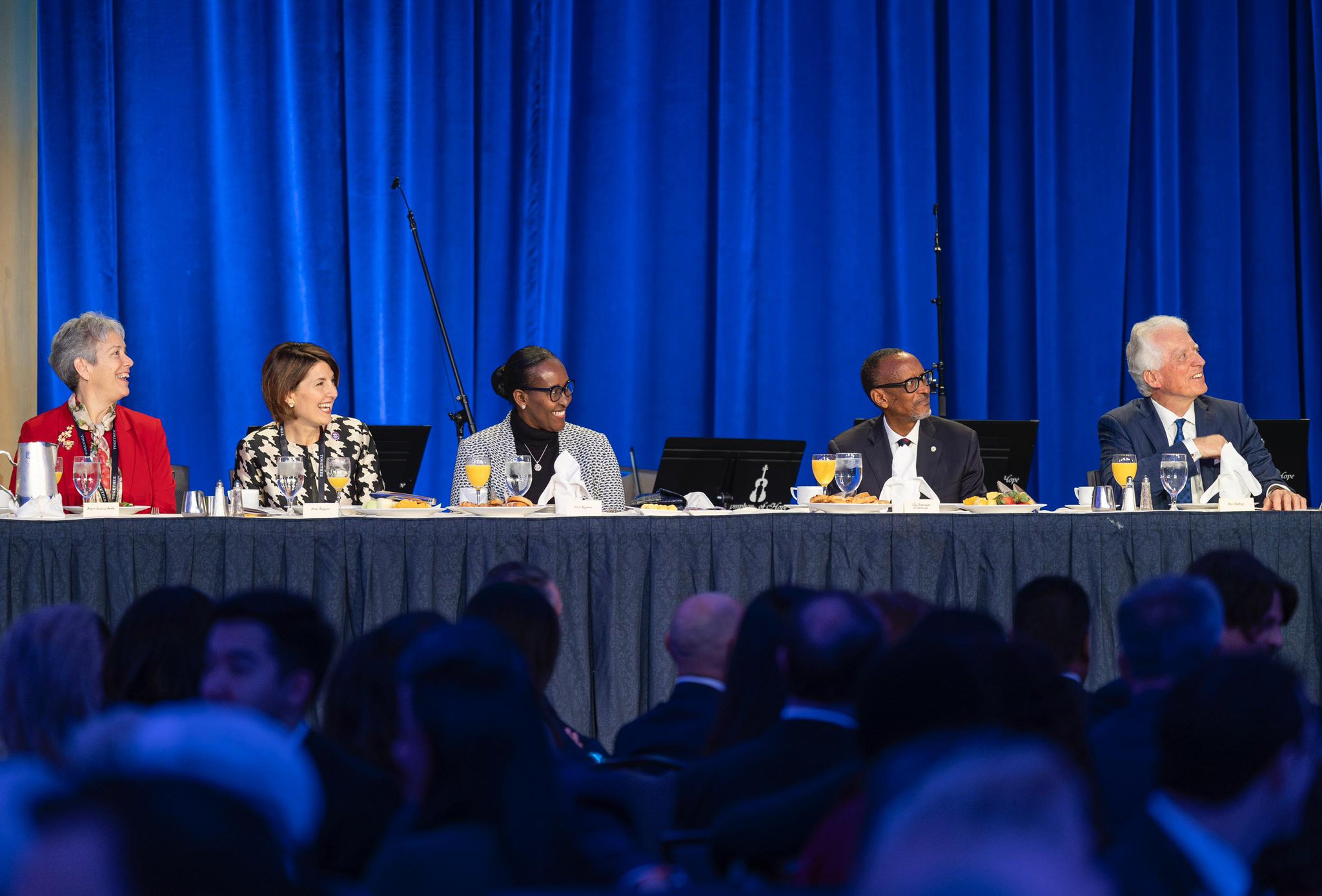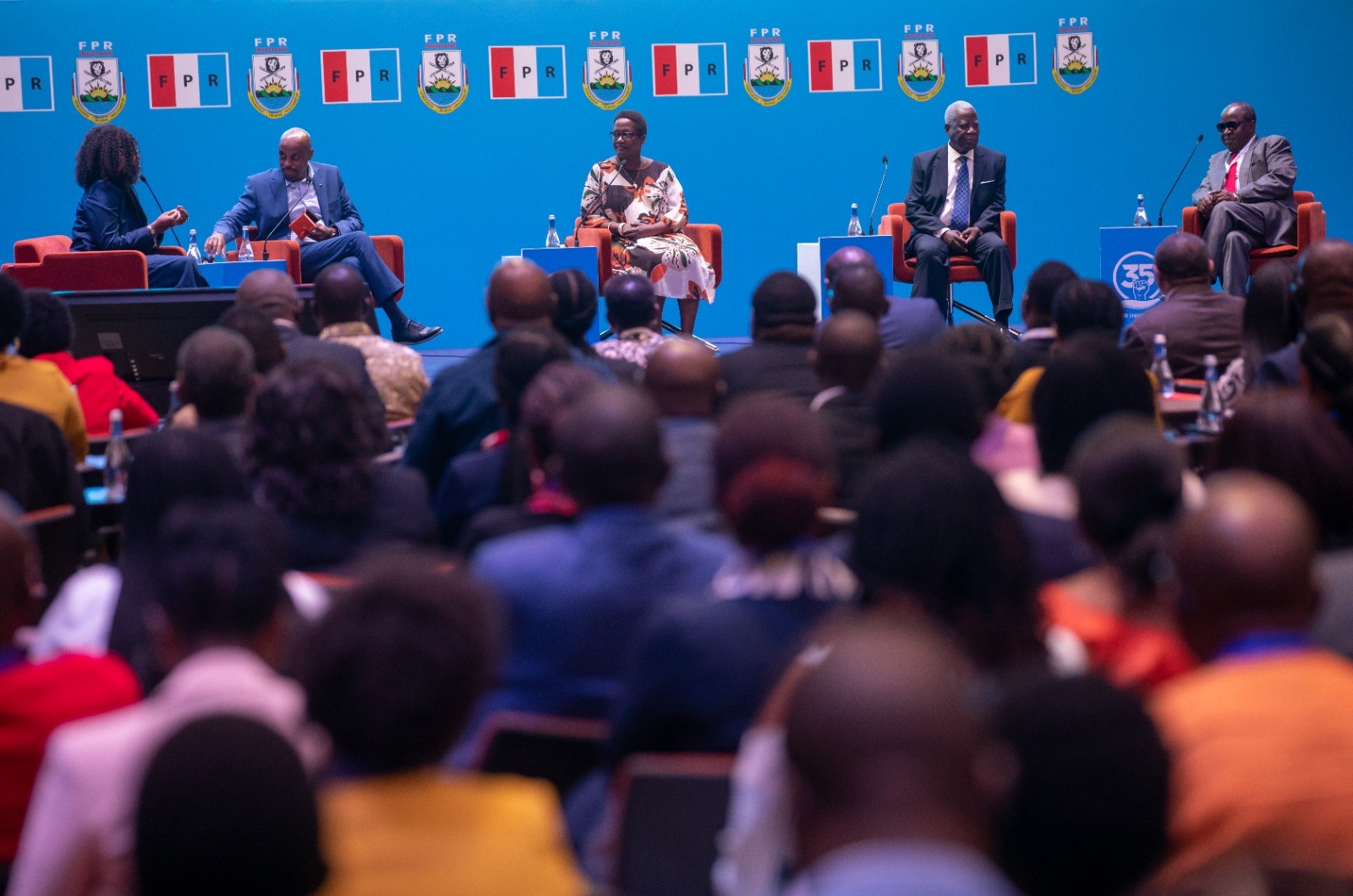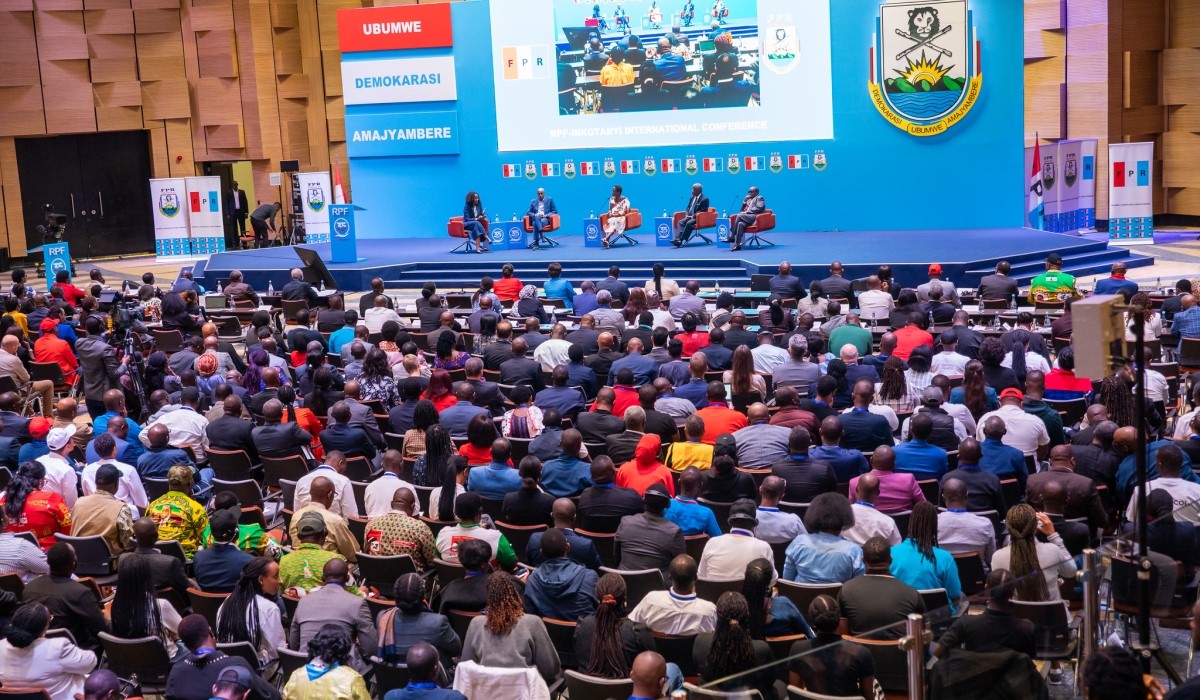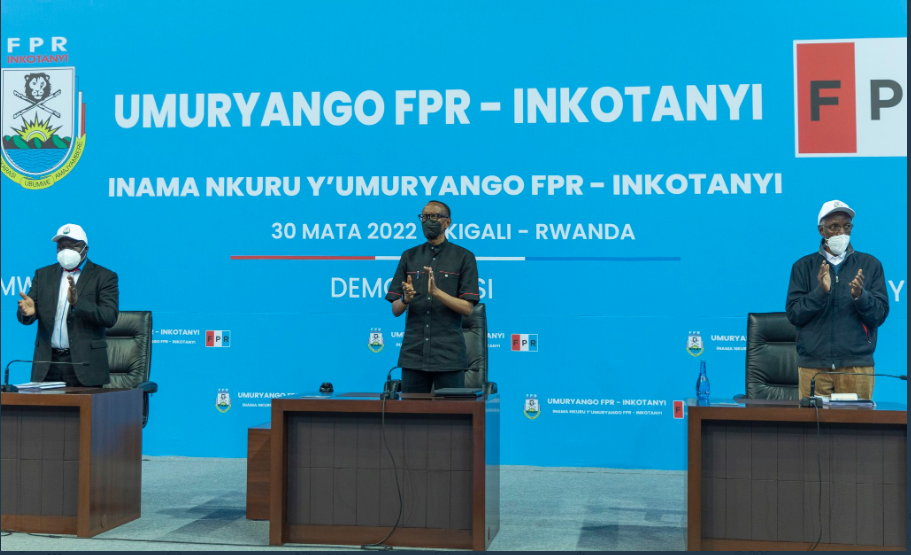Optinion
How RPF’s internal electoral process shaped Rwanda’s governance

The
internal electoral process of Rwanda’s governing party, RPF-Inkotanyi, allowed
every Rwandan to fully participate in choosing the country’s leaders.
On
February 24, members of RPF-Inkotanyi embarked on party primaries. Such
primaries assume so much importance given that they pave way for the party
flagbearers to further contest at the upcoming presidential and parliamentary
elections on July 15.
The
implication of what such an electoral exercise means to the country can be
better understood with much attention paid to the history of Rwanda. It is now
30 years since RPF-Inkotanyi undertook the noble responsibility of salvaging
Rwanda to assume a dignified and evolutionary trajectory following the 1994
Genocide against the Tutsi.
Wrought
by oppressive and divisive politics, these bereavements plunged Rwandans deep
into grief. But it is the forward-looking leadership of RPF, under which Rwanda
has gained long-lasting stability, unity, and resilience.
Today,
among a field of 11 active political parties in Rwanda, RPF-Inkotanyi is the
biggest, with its numbers swelling every day. This broad mandate has put them
under the responsibility to fulfill the aspirations of the Rwandan people in
totality where governance is concerned.
At the
center of RPF's governance philosophy is the belief that democracy is key in
good governance. This finds expression in that this organization has a
commitment to democracy right from the grassroots where members are empowered
to decide who should make decisions for them, openly.
Going
by the record set in the previous presidential elections, in 2017, where
President Paul Kagame became the candidate of RPF, it becomes clear that
scrutiny and inclusivity are at the center of how to go about picking the party
candidate. Kagame had to go through the members' scrutiny from the grassroots
levels before being elected as president. This same process is now underway.
More
than that, RPF's leadership embodies the spirit of democracy — an ideology that
is ever so strongly built on considerations of inclusivity and representation.
Such a model not only significantly contributes to the development of a
democratic ethos for the organization but, more importantly, contributes to
leadership that is geared towards addressing the needs and hopes of the people.
Beyond
Rwanda, the commitment of RPF to genuine democratic practice is a hopeful sign
through the broader continent of Africa. Rwanda leads the way with such
commitment to a just and people-centric style of governance. It resonates well
amongst most Africans on political and social divides.
This
commitment of the RPF to internal democracy has a bearing that goes beyond
democratic electoral processes to policy formulation and implementation. In
this way, it has fostered collective consultation where the interests of all
Rwandans are considered in ensuring that parties to this Rwanda project express
different opinions.
The
RPF, with its value for democratic governance, has set a positive stride
towards actual socio-economic development in Rwanda. Policies such as universal
health care and free education for all and many others have been championed by
RPF – a confirmation that the organization is determined to improve the lives
of all Rwandans.
It
therefore becomes a safeguard for the RPF against recurrence of divisive
politics and trends of authoritarianism, which have been a bane for almost all
African countries. In doing so, it opens up ways for an ensured culture that
has the potential to foster both political stability and social harmony in ways
further securing durable development and nation building.


.jpeg-20221214055432000000.jpeg)

.jpg-20231002075336000000.jpg)
.jpeg-20230703062745000000.jpeg)





.jpg-20221022115216000000.jpg)

